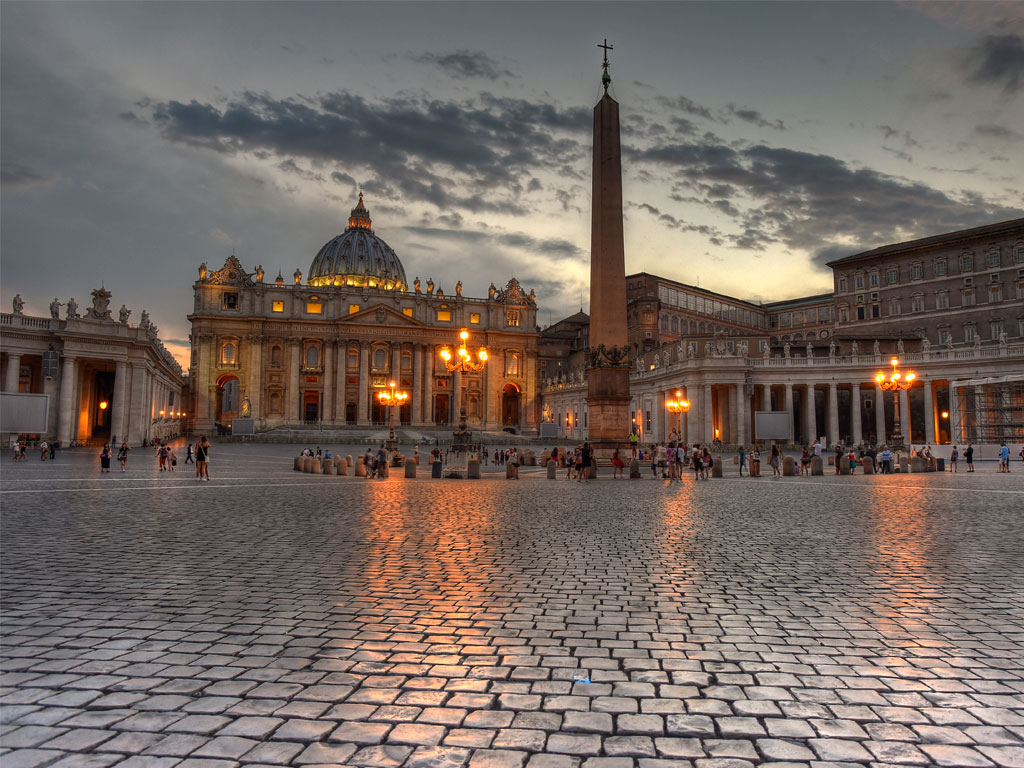

On June 10, the Vatican Bank, known officially as the Institute for Works of Religion (IOR), joined more than 60 other countries in signing the US’s Foreign Account Tax Compliance Act (FATCHA). The 2010 federal law obliges the IOR to share the tax information of US account holders, thereby helping to target non-compliance and tax evasion.
[T]he gesture indicates a pivotal moment for the banking history of Vatican City
Estimated at around 15,000, although the number of US account holders is relatively small, the gesture indicates a pivotal moment for the banking history of Vatican City. The IOR, the privately held financial institution situated within the world’s smallest country, has been marred for years by accusations of its facilitation of illicit activities and as being a haven for organised crime syndicates.
As the EU has no regulatory power over the Holy See, the Vatican Bank has been free to operate for years with a large degree of secrecy and non-compliance. Following significant pressure from the Bank of Italy, a period of reform began prior to the resignation of Pope Benedict XVI and has continued with greater vigour under the current head of state, Pope Francis.
“As Pope Francis frequently reminds us, evading just taxes is stealing both from the state and from the poor,” Archbishop Paul Richard Gallagher, Secretary for Relations at the Holy See, said at the signing ceremony.
With threats from the Bank of Italy to cut off the Institute from other banks in Italy unless it embraces international financial regulations, the IOR has had little choice but to change its ways and become more transparent. As a result, around 3,000 accounts have been closed down and a number of sweeping reforms have been implemented in order to clean up the Bank and break away from its controversial and secrecy-shrouded past. Compliance with FATCHA therefore marks a new era for the Vatican Bank and one that brings it more in line with 21st century banking.

